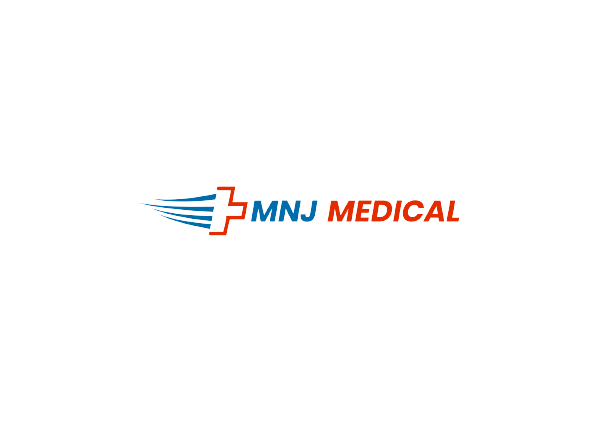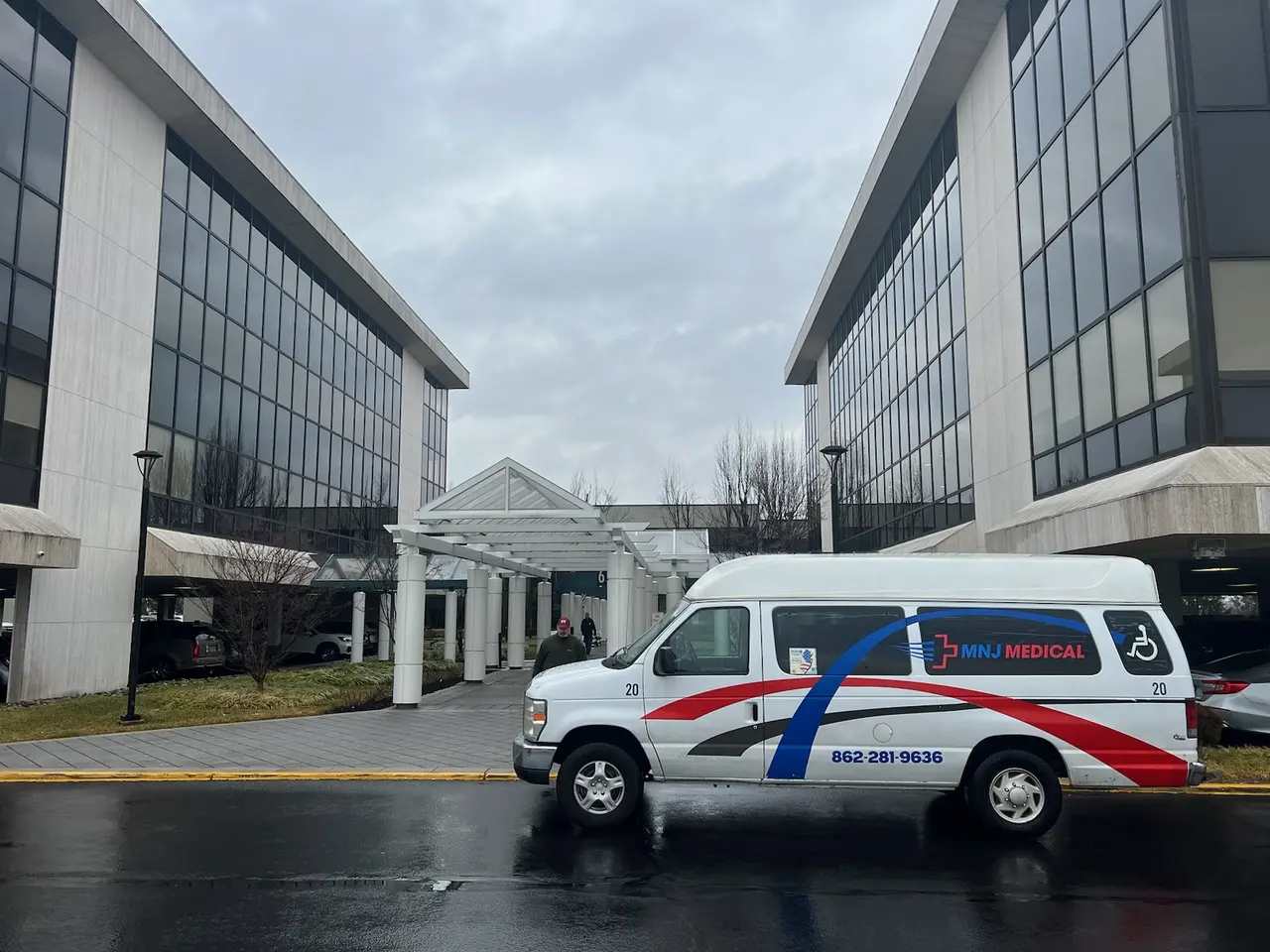Access to reliable transportation plays a critical role in maintaining health, especially for individuals who require regular medical visits. This blog explores the significant impact of healthcare transportation services, emphasizing their importance in preventing missed appointments and advancing overall well-being.
Understanding the Importance of Timely Medical Visits
Timely medical appointments are crucial for effective disease management, treatment adherence, and preventive care. Delays or missed appointments can lead to exacerbated health issues and increased healthcare costs. Regular visits allow healthcare providers to monitor patient progress, adjust treatments as necessary, and provide preventative screenings that are vital to maintaining long-term health. It is a common misconception that skipping a regular check-up is harmless, but these visits often catch health issues before they become severe, saving not only on potential medical costs but also significantly improving quality of life.
Beyond individual health, timely appointments impact the broader healthcare system by improving public health outcomes. For instance, consistent medical oversight can prevent the escalation of chronic diseases such as diabetes or hypertension, which are costly to manage if neglected. This preventative approach directly translates to reduced emergency room visits and hospital admissions, which are far more expensive than routine outpatient care. Hence, healthcare providers emphasize the importance of maintaining regular contact with patients through scheduled visits, which ultimately alleviates strain on the healthcare infrastructure.
Barriers to Healthcare Access
For many, transportation remains a significant barrier to accessing healthcare. This is especially true for seniors, individuals with disabilities, and low-income populations who may not have access to a personal vehicle or public transportation options. A lack of reliable transportation can lead to missed appointments and delayed care, which can have a detrimental impact on health outcomes. According to MTM, Inc., nearly four million Americans miss or delay medical care annually due to transportation challenges.
In urban communities, public transportation might not always operate at the times individuals need, or it might not be equipped to handle special needs, like wheelchair accessibility. In rural areas, the issue may be even more pronounced, with healthcare facilities located miles from residential areas, and public transport options being scarce or unreliable. This geographical hindrance can create a significant barrier to accessing necessary healthcare services, thus affecting individuals’ ability to maintain their health, particularly for regular checkups and preventive care.
The Role of Healthcare Transportation Services
Healthcare transportation services bridge the gap for those unable to reach medical appointments on their own. They provide specialized transport options that accommodate the needs of all patients, including those requiring wheelchair transportation in Nutley, NJ. Services like those offered by MNJ Medical are crucial for those who must maintain regular contact with care providers but face transportation hurdles. These services are tailor-made to ensure timely pick-ups and drop-offs, reducing stress for patients who might otherwise be at risk of missing essential medical visits due to their lack of transportation options.
In addition to physical transportation services, modern healthcare transport solutions integrate technology for better service efficiency and scheduling. Real-time dispatch systems and GPS tracking ensure that patients receive prompt service, which helps minimize delays and miscommunications. Advanced systems enable service providers to handle their operations seamlessly, from scheduling appointments to gathering feedback about the transportation experience. Furthermore, companies like MTM utilize technology-driven approaches that enhance service delivery and patient satisfaction, showcasing a model that can be implemented across various regions for improved access to healthcare.
Benefits of Reliable Transportation for Medical Visits
Having access to reliable transportation helps reduce the occurrence of missed medical appointments, leading to better health outcomes. It also alleviates stress for patients who otherwise worry about how they will reach their healthcare providers. Reliable transportation services make healthcare more accessible by eliminating the logistical challenges that prevent patients from attending appointments. This not only contributes to the well-being of individuals but also to the efficiency of the healthcare system as a whole by reducing the number of emergency cases arising from neglected medical conditions.
Elderly patients and those with chronic illnesses particularly benefit as they often require frequent visits to healthcare facilities for treatment and follow-ups. These transportation services provide peace of mind, ensuring that patients will have a safe and timely journey to their appointments without needing to rely on friends or family members who might have competing obligations. As noted in healthcare research, providing secure transport to regular preventive care significantly mitigates health deterioration, emphasizing the crucial link between transport and healthcare outcomes.
Innovations in Healthcare Transportation
Newer models of transportation, including on-demand ride services and tailored solutions for wheelchair users, are transforming how patients access healthcare. These innovations are particularly beneficial in regions like Nutley, NJ, where specialized services are essential. With the integration of modern technologies, healthcare transport services can optimize routes, enhance the rider experience, and provide reliable transport solutions tailored to individual patient needs. This trend reflects a growing recognition of the need for flexibility and efficiency in healthcare logistics, particularly for non-emergency medical transportation.
Cutting-edge initiatives have led to the development of virtual fleets and the inclusion of independent driver providers, thereby augmenting traditional transportation setups. These developments facilitate broader coverage and ensure that even remotely located individuals can access medical appointments efficiently. Companies are leveraging data analytics and automation to enhance service delivery and productivity, as outlined by MTM’s data-driven strategies. This proactivity in embracing technology underscores a promising future where healthcare access is significantly improved, and transportation-related barriers are minimized.
Getting to medical services is no longer strictly an issue for those with mobility limitations or in isolated areas. As healthcare environments evolve, transportation services increasingly cater to a diverse range of patient needs, ensuring inclusivity in healthcare access. Services have been adapted to be more environmentally conscious as well, further representing a shift towards sustainable practices in health-related logistics. As these innovations continue to expand and refine operations, they promise not only to improve health outcomes but also to contribute to broader environmental and economic sustainability in the healthcare sector.
The Essential Nature of Healthcare Transportation
In summation, reliable healthcare transportation services are indispensable for ensuring that patients receive timely medical attention. By addressing the logistical challenges faced by many, especially those with mobility issues, these services contribute to improved health outcomes and greater independence. To learn more about how you can regain your autonomy, visit MNJ Medical.

